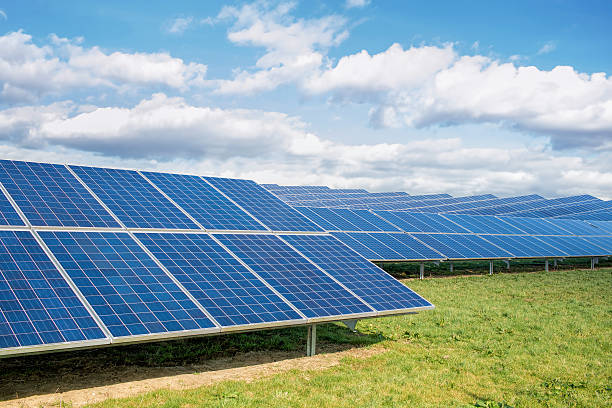Green metals, including minerals such as lithium, cobalt, nickel, graphite, rare earth minerals, iron, copper, phosphate and platinum group metals, are expected to see a significant increase in production in the next 25 years. This is due to the effort of countries and companies trying to meet their goals of reducing carbon emissions and decarbonizing by 2050. The CEO of the SA Council for Geoscience, Mosa Mabuza, stated at a conference that the world will need to mine more copper in the next 25 years than has ever been mined in history to support the transition to renewable energy.
For African countries, these minerals represent a unique opportunity, as mentioned by the CEO of Bushveld Minerals, Fortune Mojepalo. This could be a boost for South Africa’s mining sector, which has seen a decline in gold production, once its largest commodity export, due to rising costs and other challenges. Currently, South Africa’s largest mining export is coal, which has seen a surge in demand due to the European energy crisis caused by the war between Russia and Ukraine, leading to a 150% increase in coal prices in 2022 and global coal production exceeding 8 billion tons.
However, the International Energy Agency predicts that the demand for coal in developing countries will decrease in the coming years due to the growth of renewable energy. There are projections that more than 400 new mines will need to be established worldwide to support the energy transition, and Africa already has a strong presence in the production of many of these minerals, with South Africa holding the largest known reserves of platinum group metals.
The exploitation of these minerals presents its own set of challenges, such as the difficulty in accessing minerals located far from ports and essential development inputs, as stated by the Minerals Council’s Nikisi Lesufi. Some mining groups, such as Gold Fields, Anglo American, and Seriti Resources, have started to transition to renewable energy production, but the President of South Africa, Cyril Ramaphosa, admitted the problems with Eskom, the country’s power company, by saying that there can be no mining without electricity. This is a major concern as load shedding was identified as the cause of the 9% decrease in mining production in South Africa last year.
The trend towards ethical investing and a focus on ESG (environment, social, and governance) by investors and manufacturers was also discussed at the conference. Some vehicle manufacturers are planning to vertically integrate their electric vehicle production by sourcing directly from mines, allowing them to monitor the ESG of the product value chain, which will prevent past negative mining practices in African countries. The Director of the African Development Bank’s Natural Resources Management and Investment Centre, Vanessa Ushie, advised African countries to develop green mineral mining policies together as a collective, making it easier to attract investment and prevent past policy failures.

